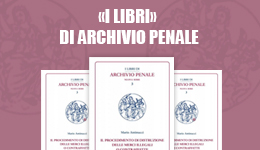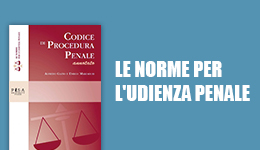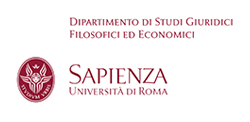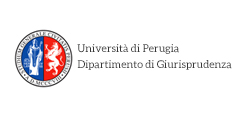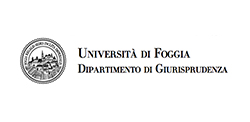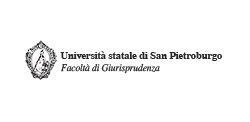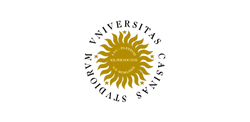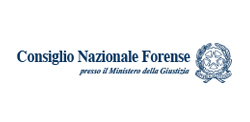Suite à la directive 2014/42/UE, les législations internes en matière de gel, saisie et confiscation des avoirs illicites devraient présenter un certain degré d’homogénéité. Cependant, les règles adoptées ne sont pas toujours efficaces et risquent de compromettre les droits de la défense : l’efficientisme judiciaire, au nom du fameux adage selon lequel le crime ne paie pas, entraine, dès lors, un certain affaiblissement des principes fondamentaux en matière pénale.
Cet article, rédigé en l’occasion d’un colloque tenu à la Cour de cassation française le 8 novembre 2019, compare brièvement les modèles français et italien d’appréhension des avoirs criminels, à la lumière des principes internes et communautaires.
The deprivation of the proceeds of crime: Italian and French systems
Pursuing the directive 2014/42/UE, the national lawmakers should reach a certain degree of homogeneity in the regulation of freezing and confiscation of instrumentalities and proceeds of crime. However, the reception has not been successful and the proposed solutions may jeopardize the defendant’s rights. As a consequence, the look for judicial efficiency – according to the the-crime-doesn’t-pay approach – significantly weakens the fundamental principles in criminal law.
This article, written after a conference held at the French Supreme Court, on the 8th of November 2019, briefly compares Italian and French systems of deprivation of the proceeds of crime, in the light of internal and European principles.
Contenuti correlati
- Council of Europe Convention on the Protection of Children against Sexual Exploitation and Sexual Abuse Lanzarote
- Proposta di Direttiva U.E. (COM)2012, 12.3.2012
- Proposta di Direttiva U.E. sul diritto dell'arrestato ad un avvocato e a comunicare con familiari/datore di lavore
- Direttiva 2012/13/UE del Parlamento Europeo e del Consiglio, 22.05.2011


